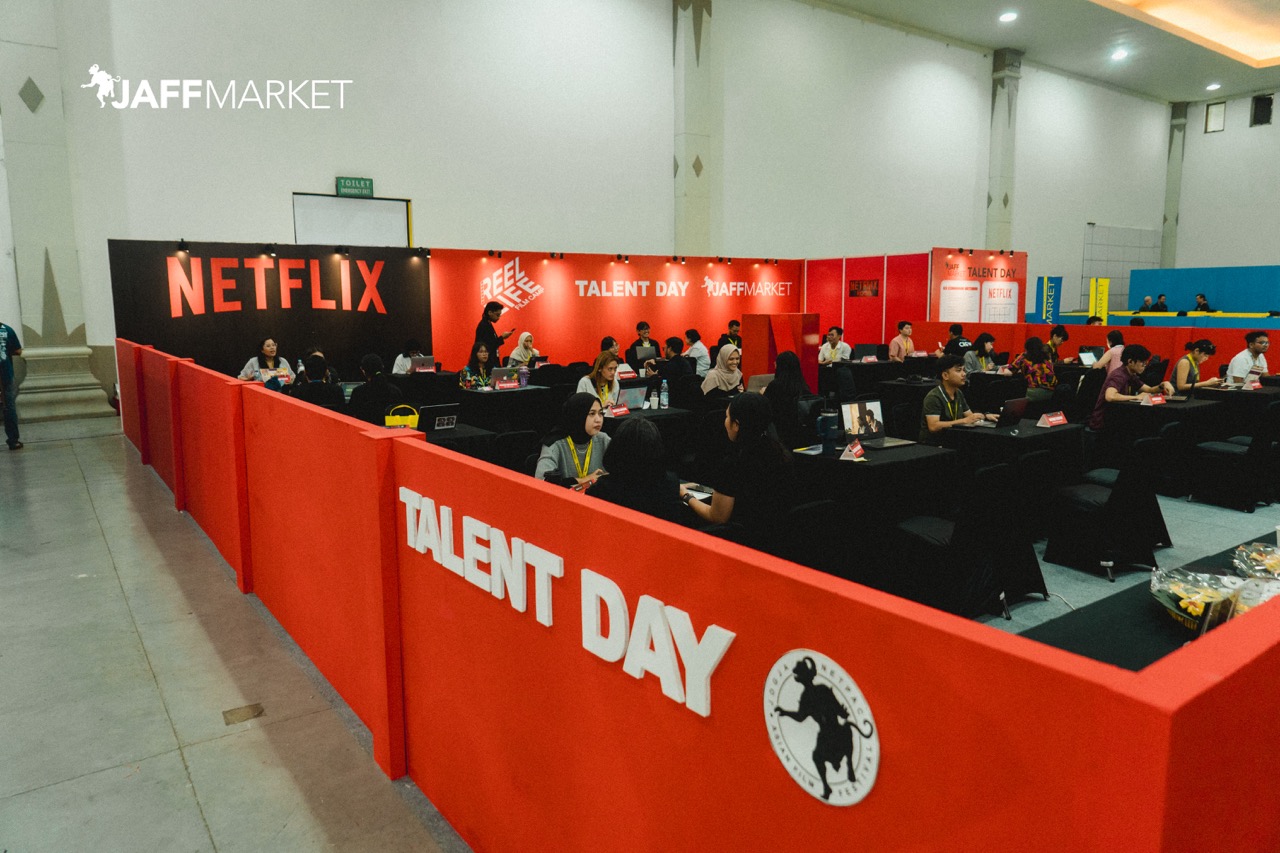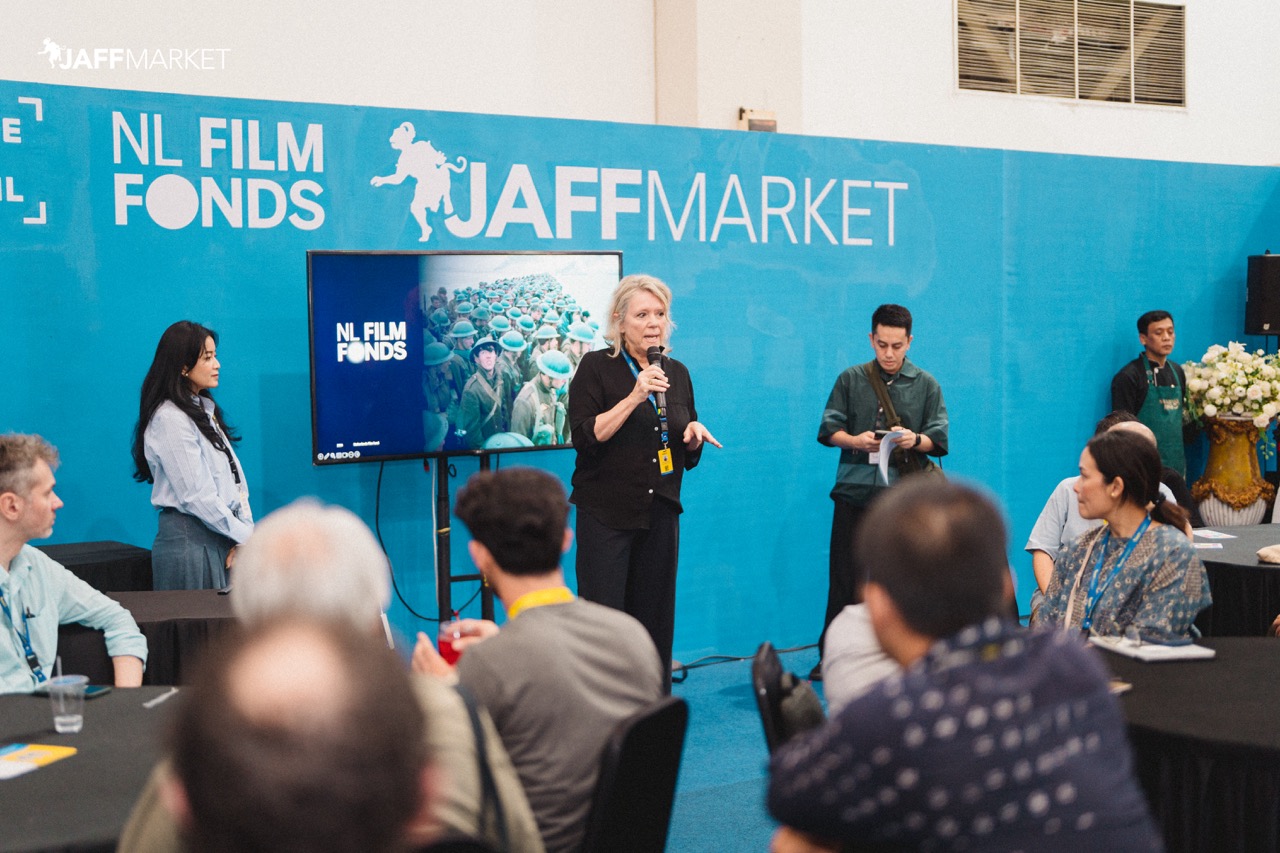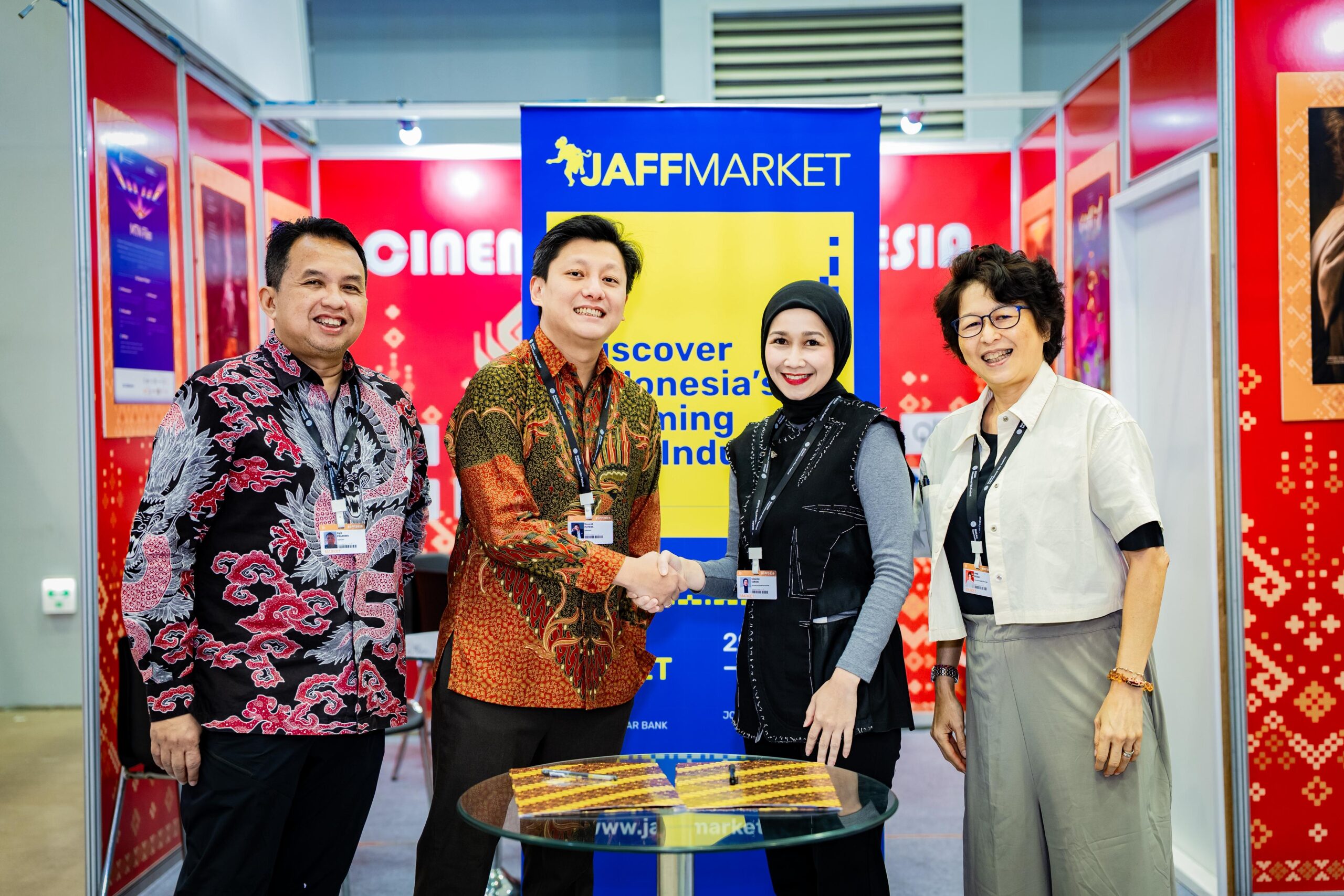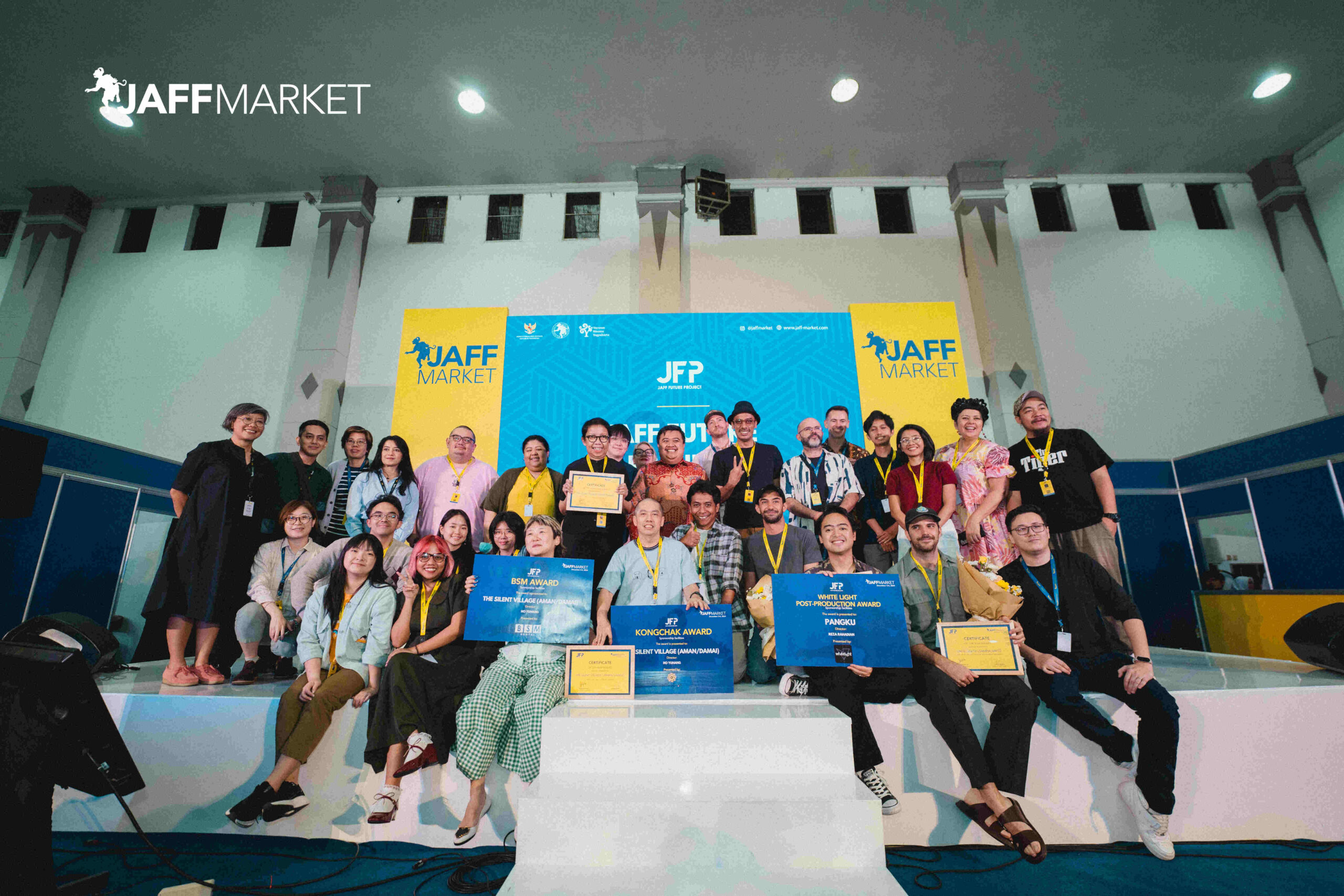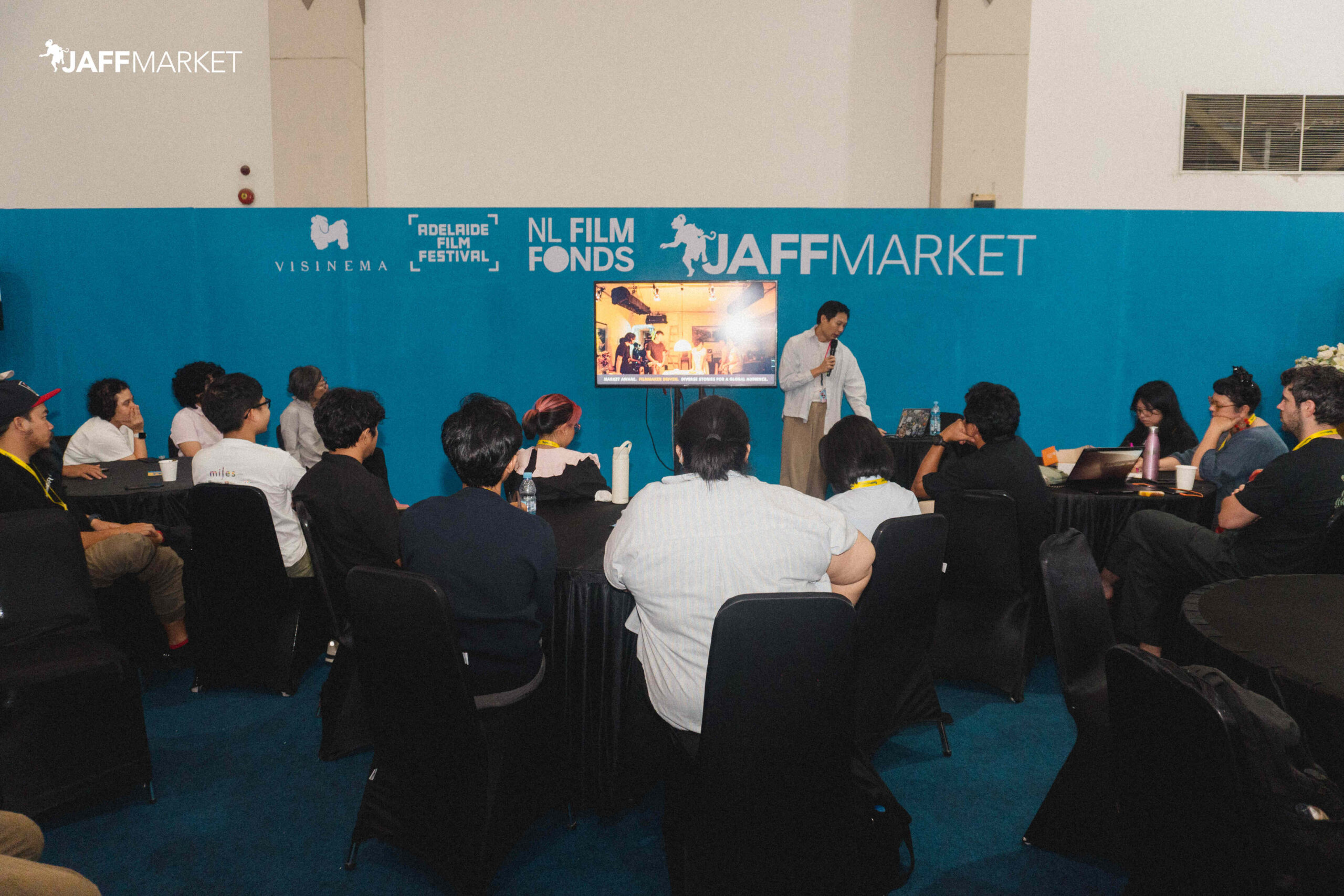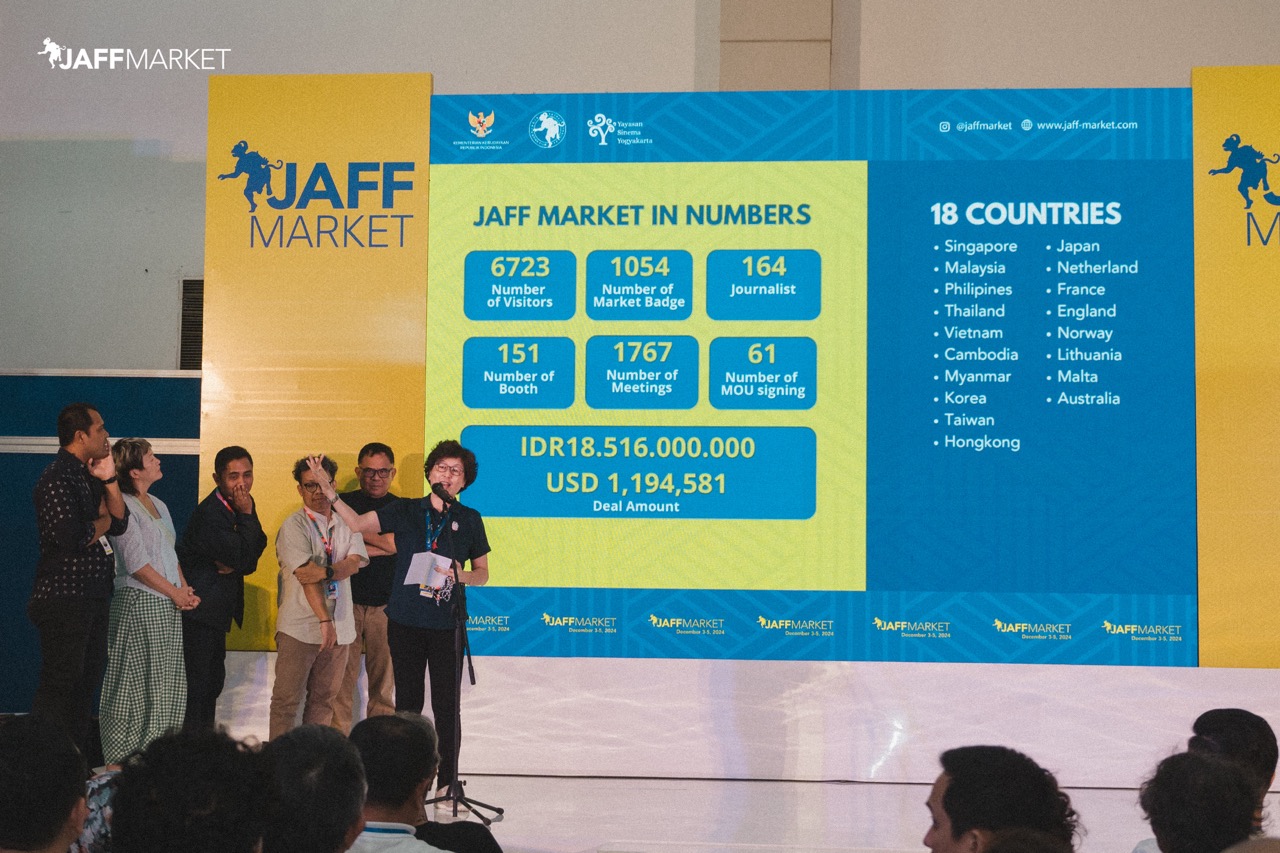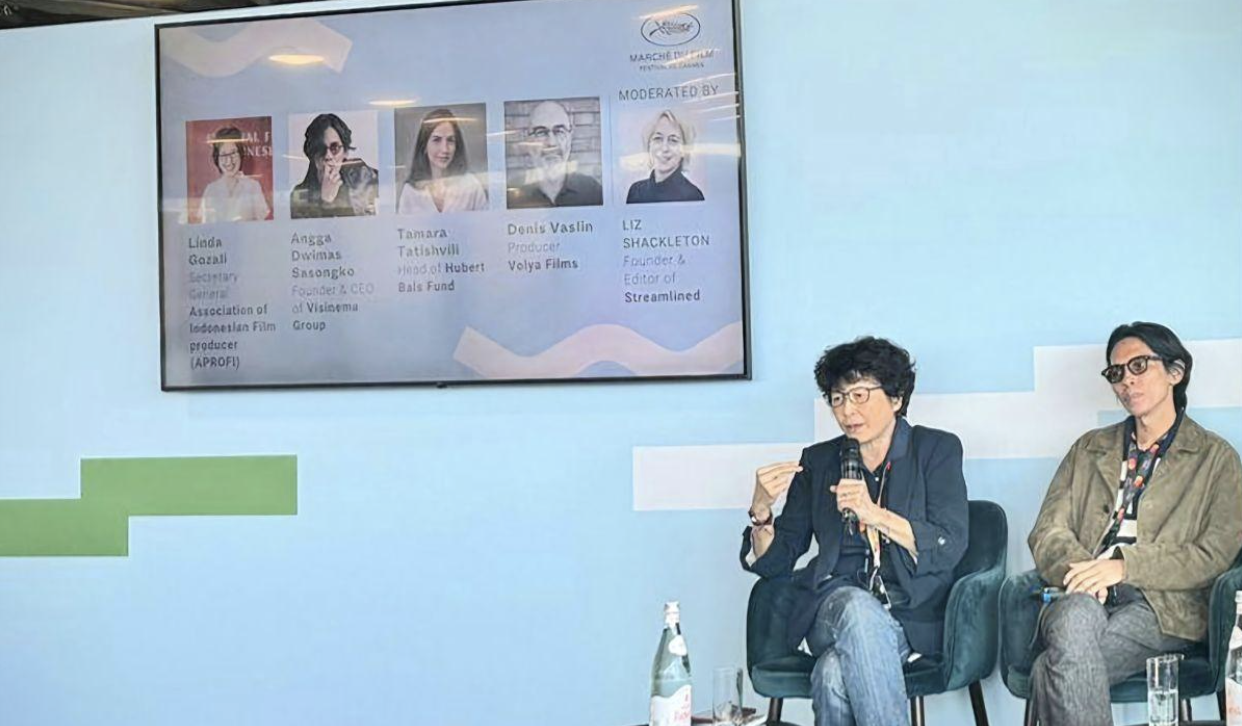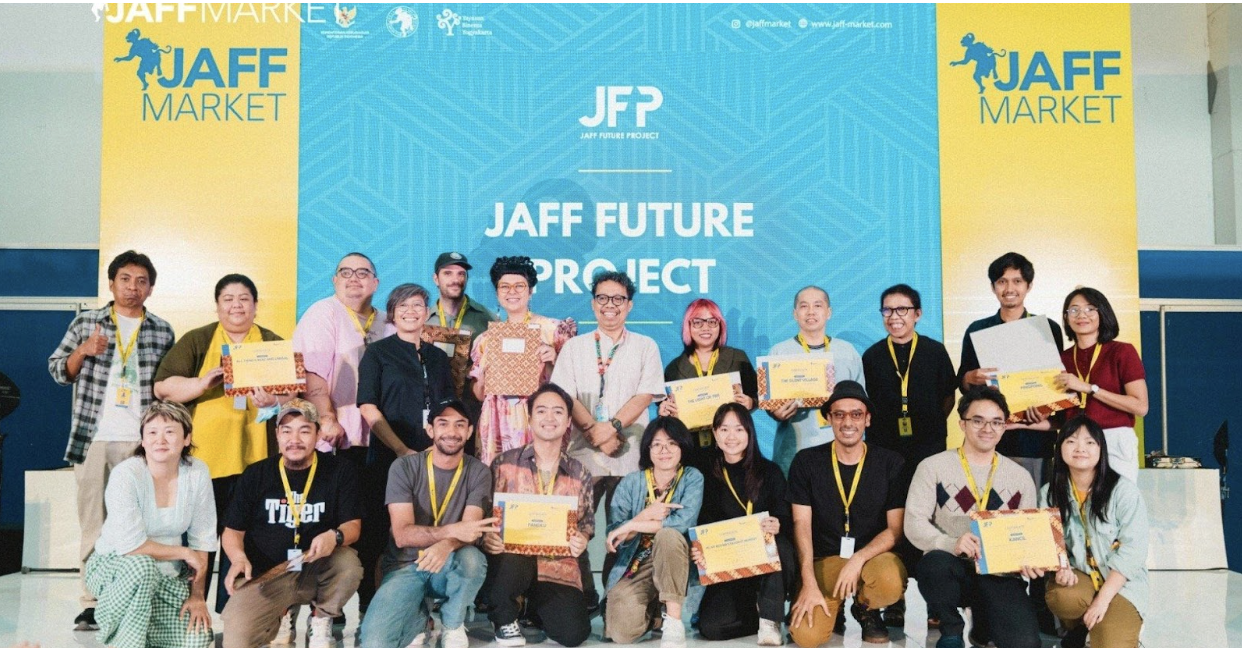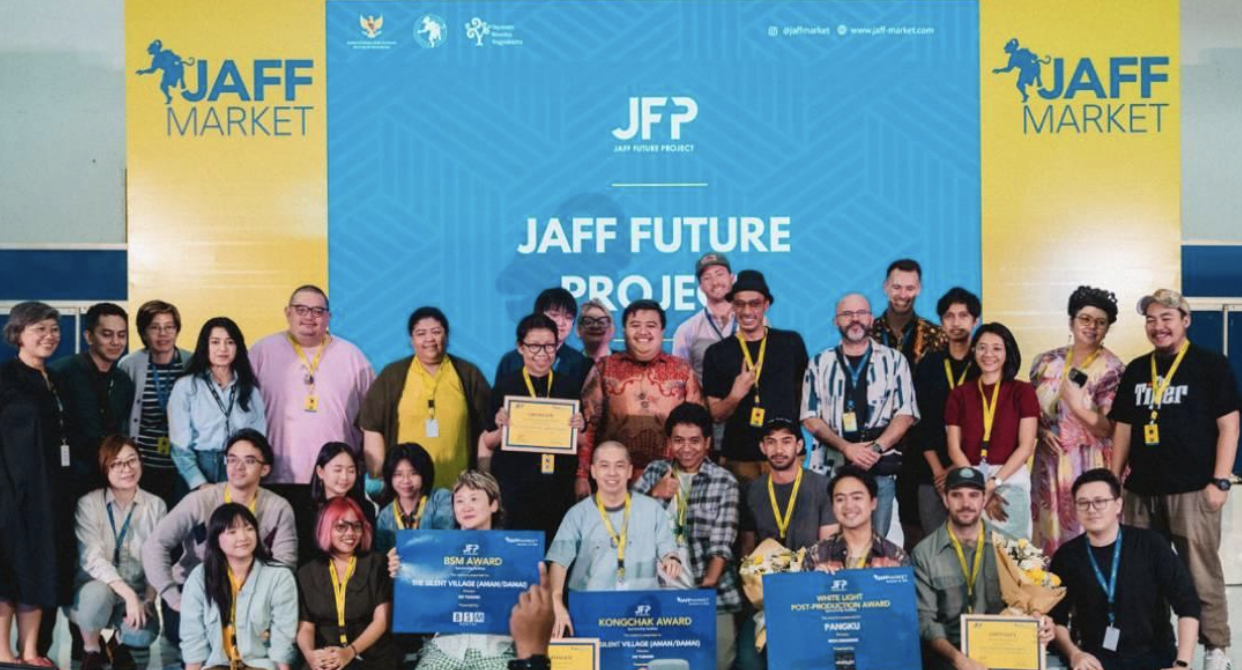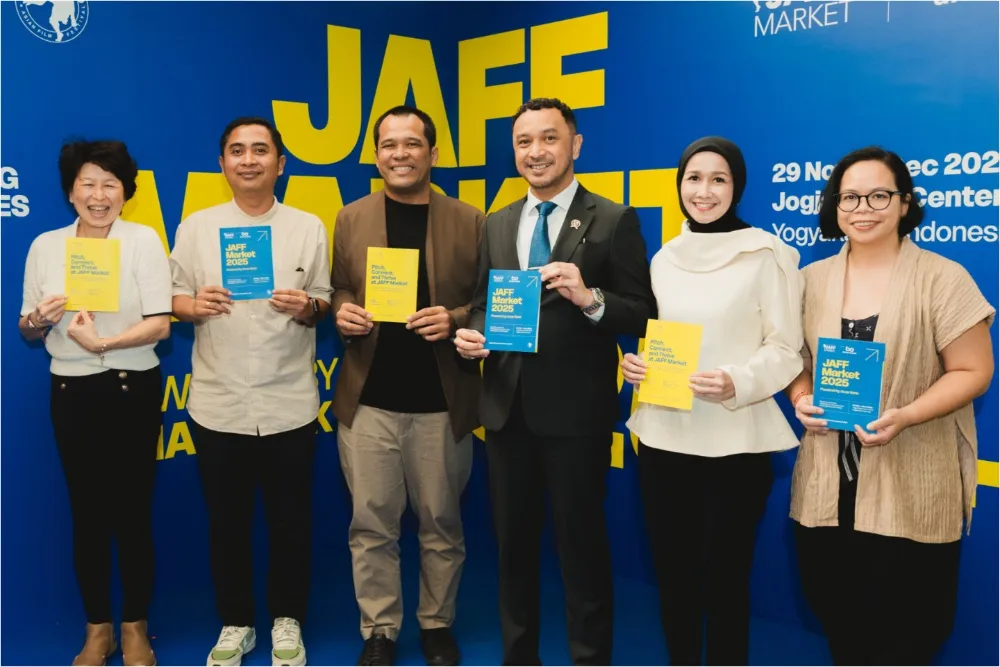by JAFF Market
In recent years, much of the discourse around streaming services and cinemas has revolved around competition. Will Netflix replace the cinema? Are theaters becoming obsolete? These questions, while valid, may overlook a deeper truth emerging across the film industry especially in Southeast Asia.
Rather than one replacing the other, streaming and cinemas are evolving into a dual-track distribution ecosystem. In Indonesia as in many parts of the world, filmmakers are no longer forced to choose between a theatrical release or a digital one. Instead, they’re finding new market strategies in combining both.
This hybrid model is becoming increasingly common: a film might debut at a festival, enjoy a limited theatrical run, and then stream globally weeks later. For some, the exposure begins online and then moves to the bigger screen via special screenings, community showings, or niche theatrical releases based on digital momentum.
A Screen for Every Story: How Streaming and Cinemas Serve Different Roles
Streaming has made content more accessible than ever. For viewers in remote areas or for those with limited mobility or income, streaming platforms offer a way to watch new content. Platforms like Netflix, Disney+, Prime Video, and regional players such as Vidio and Catchplay+ offer content tailored by algorithms, often introducing viewers to stories they wouldn’t encounter otherwise.
But for all the convenience of digital, the cinema hasn’t lost its magic. Large-scale action films, horror thrillers, and sweeping historical dramas continue to draw crowds, not just because of their content, but because of the social and immersive quality of going to the movies. In Indonesia alone, over 126 million cinema tickets were sold in 2024. For many audiences, watching a film in the dark with strangers, reacting collectively, remains irreplaceable.
Global Trends, Local Shifts: Why Cinema Isn’t Dying, It’s Adapting
And yet, globally, the cinema business is facing turbulence.
In the United States, the number of theaters dropped from 7,000 in 2005 to around 5,500 by 2019, with another 3,000 screens disappearing by 2023. In Australia, average cinema visits have dropped from 11 times per year in the 1990s to fewer than 5 today. Even in China, a country that once rivaled the United States in box office numbers, ticket sales fell 23% in 2024. Argentina too saw a decline as it recorded 4.66 million admissions during the 2025 winter break, its lowest winter break ticket sales since 2009.
These shifts are real, but they are not the end of cinema. In places like France and Georgia, cinema attendance is recovering, thanks to strong local industries and supportive public policies. Independent cinemas in Los Angeles are thriving on curated programming and nostalgia. And a recent study in Australia found that 43% of young people would still choose the cinema even if the same film were available online.
The Indonesian Playbook: Embracing Hybrid Distribution with Strategy and Heart
In Indonesia, filmmakers are adapting. Many now plan during the development phase whether a film is best suited for theatrical release, digital streaming, or both. Genre plays a role where romantic comedies and horror films often open in theaters, while slower-paced dramas and documentaries may find greater impact online. Beyond genre, other strategies come into play.. A theatrical release can build credibility for a streaming deal. Streaming, in turn, can give smaller films a second life after cinemas.
As Linda Gozali, Market Director of JAFF Market, explains “It’s no longer a battle between platforms. It’s about pairing strengths. A film might launch at a festival, play in theaters in one country, and stream in another. Each platform can help extend the story’s journey.”
But hybrid distribution isn’t without risk. As streaming platforms dominate content discovery, algorithms, while efficient, can marginalize local stories that don’t fit global trends. Young filmmakers worry that if their work doesn’t get boosted by recommendation engines, it will be lost in a sea of content. This is where curation, community screenings, and festivals like JAFF continue to play a vital role.
For now, it’s not a zero sum competition between streaming and cinemas. Both coexist in a complex and evolving relationship. For filmmakers, the challenge is not about picking a side. It’s about understanding how to use both paths to reach their audiences.
And for viewers, it’s no longer a question of whether to stream or go to the movies. It’s about choice: choosing the right film, in the right moment, on the right screen.

